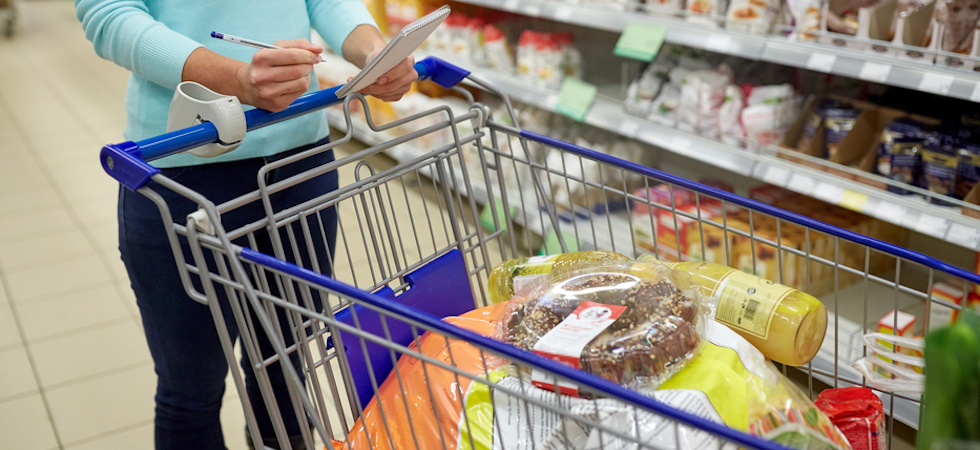The British Retail Consortium (BRC) has responded to the latest retail figures from the Office for National Statistics (ONS), finding consumer confidence down despite a rise in sales.
ONS said that food store sales volumes grew strongly in January 2025, following falls in recent months. More broadly, sales volumes fell by 0.6% in the three months to January 2025, compared with the three months to October 2024, but rose by 1.4%, compared with the three months to January 2024.
It also found that retail sales volumes were estimated to have risen by 1.7% in January 2025. This follows a fall of 0.6% in December 2024. However, sales volumes were down by 1.3%, compared with their pre-pandemic level in February 2020.
Food store sales volumes rose by 5.6% on the month, which was the largest rise since March 2020, putting index levels at their highest since June 2023. Supermarkets and specialist food stores like butchers and bakers all rose over the month, with retailers suggesting that the increase was because of more people eating at home in January.
Kris Hamer, director of insight at the BRC, commented: “2025 got off to a good start with retail sales managing to weather the stormy January. Retailers put on extensive promotions, and customers who were looking to upgrade their furniture and household electrical appliances made the most of the many bargains that there were to be had. But, with consumer expectations for the economy falling almost 40pts since July 2024 and an unsteady job market, the next few months are hard to predict.
“This boost to sales barely touches the sides of the £7 billion in new costs from the Budget and packaging levy facing the industry this year. The industry is already paying more than its fair share of tax and with retailers already doing all they can to absorb existing costs, retailers will be left with little choice but to increase prices or reduce investment in jobs and shops, or both. To mitigate this, Government must ensure that its proposed business rates reform does not result in any shop paying higher rates than they already do.”
Consumer confidence over next three months falls
According to BRC-Opinium data, consumer confidence fell as consumer expectations of the state of the economy worsened to -37 in February, down from -34 in January – this was the fifth consecutive month in which expectations have worsened.
Expectations of personal financial situations dropped to -11, down from -4 in January, but personal spending on retail rose to -5 in February, up from -9 in January.
Helen Dickinson, chief executive of the British Retail Consortium (BRC), said: “People’s expectations of the economy reached a new low, having fallen almost 40pts since July 2024. Even Gen Z (18-27), the most upbeat generation on the economy and their own finances, saw a drop off in optimism. There was also a widening gender divide in confidence this month, with women more pessimistic than men about both the economy and their own finances by 13 and 17pts respectively.
“With many businesses warning of the impact that April’s employer NIC’s increase will have on hiring, and the rising energy price cap pushing up the cost of domestic bills, it is little surprise that many households are worried. And while there was a positive increase in expectations of personal retail spending, this may be largely driven by the expectations of higher prices in the future.
“Expectations of higher prices are not unfounded, with two-thirds of retailers saying prices will have to rise as a result of the £7 billion in additional costs, including higher employer NICs and a new packaging levy. Almost half of retailers also warned of hiring freezes, with entry-level jobs often among the first to go as they seek any cost efficiencies to help them protect customers from the worst of the rising costs.
“As the Government bill on the future of business rates progresses through Parliament, it is essential that no shop ends up paying more in rates as a result of these reforms, otherwise retailers will face a triple whammy of Budget costs, business rates rises, and new packaging and recycling levies, all of which will filter through to consumer prices.”









